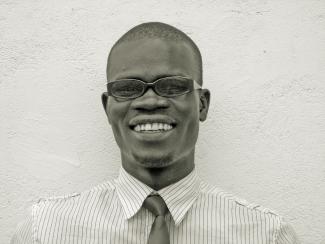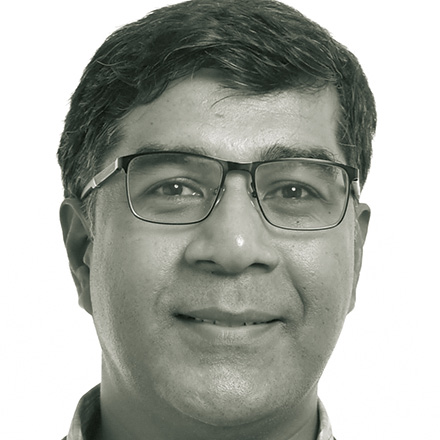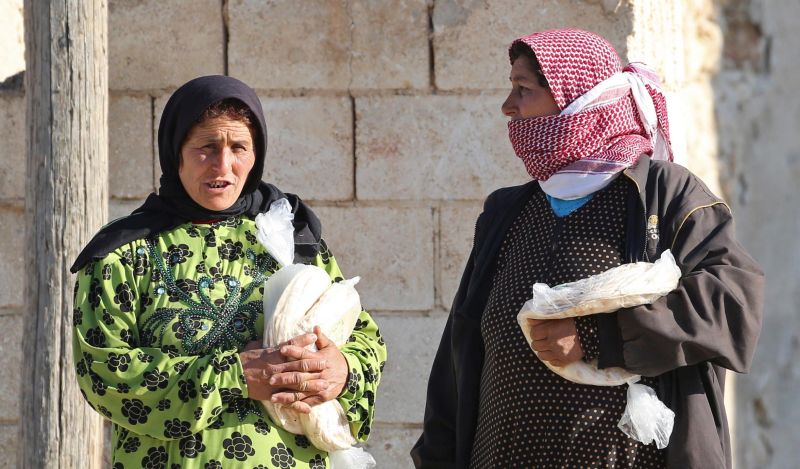Nowadays
Escaping to unknown destination

In December, old conflicts broke out in South Sudan, yet again. A political fight within the government became an ethnic conflict, as local leaders mobilised their tribes. Violence quickly spread all over the country, leaving probably around 10,000 dead in its wake. More than 800,000 were internally displaced, and thousands fled to neighbouring countries. Nyariak made it to Kenya. She reports that the White Army killed her grandfather. Militias from the Nuer tribe are called White Army, because they smear white mud over their bodies and faces to keep away mosquitoes. In the current conflict, they are fighting against Dinka militias and government forces.
“I managed to escape with my children, but without my husband”, Nyariak continues. “We crossed the Nile in a boat, and stayed for two and a half weeks on the other side. I had no food for my children. Fortunately, we got help from other people who were also on the run.”
She says that her brother sent some money, and finally, they managed to cross the border to Kenya. “We got food and water from the UNHCR; they have set up their bases at the border.” Lots of South Sudanese had gathered there. A few days later, they were brought to Kakuma Refugee Camp.
Kakuma is a small town in North Western Kenya. “Kakuma” is the Swahili word for “nowhere”, which adequately describes the remote, dusty area. Since 1992, a huge refugee camp is situated in this place, run by UNHCR for refugees from South Sudan, Sudan and Somalia. Currently, about 140,000 people live there.
Nyariak is relieved to be in Kakuma Refugee Camp: “We are safe here. We get food, water and shelter. There are no dead bodies in the streets, no gun shots and no running to save our lives any more.”
Over 70,000 South Sudanese have crossed the border to Uganda. About 42,000 people have fled to Ethiopia, 26,000 to Sudan and about 18,000 to Kenya. Every day, more people cross the borders.
A new camp, which is called Kakuma 4, was opened within Kakuma Refugee Camp. Tensions are running high amongst the South Sudanese refugees because Dinka and Nuer still hate each other. Members from different tribes point their fingers at one another when they meet by chance in the camp. There is great fear that they might start to fight, which would probably occur if UNHCR did not handle the problem carefully.
“The refugee camp is safer than our home place”, says Nyariak. “Everything we had was destroyed. I hope that the government will not forget about the innocent civilians who fled the country. When South Sudan is at peace again, I will go back.”
Peter Okello is a journalist from Bor, South Sudan. Having escaped from the violence in South Sudan, he currently lives in Nairobi. okello17art@gmail.com












